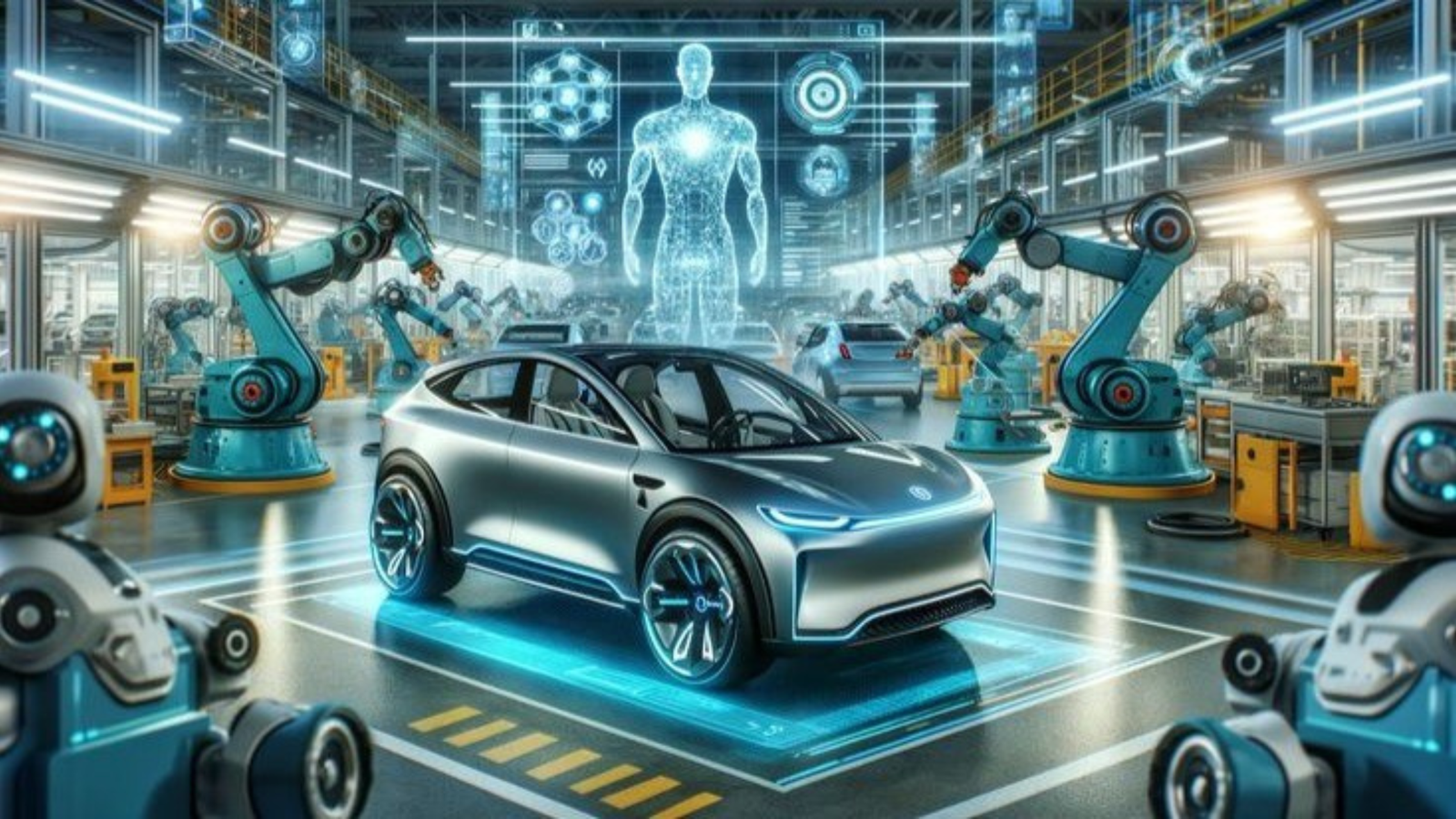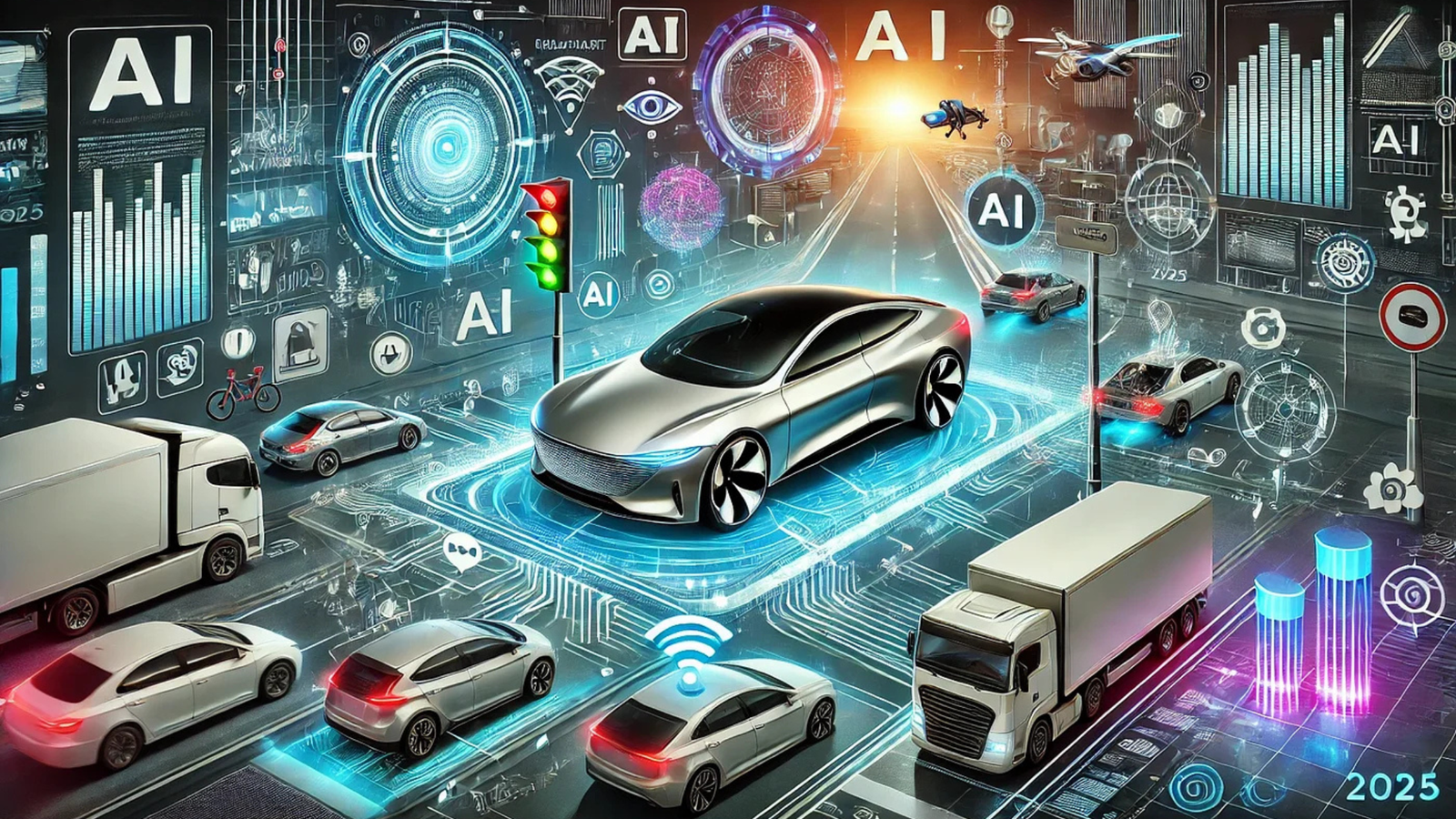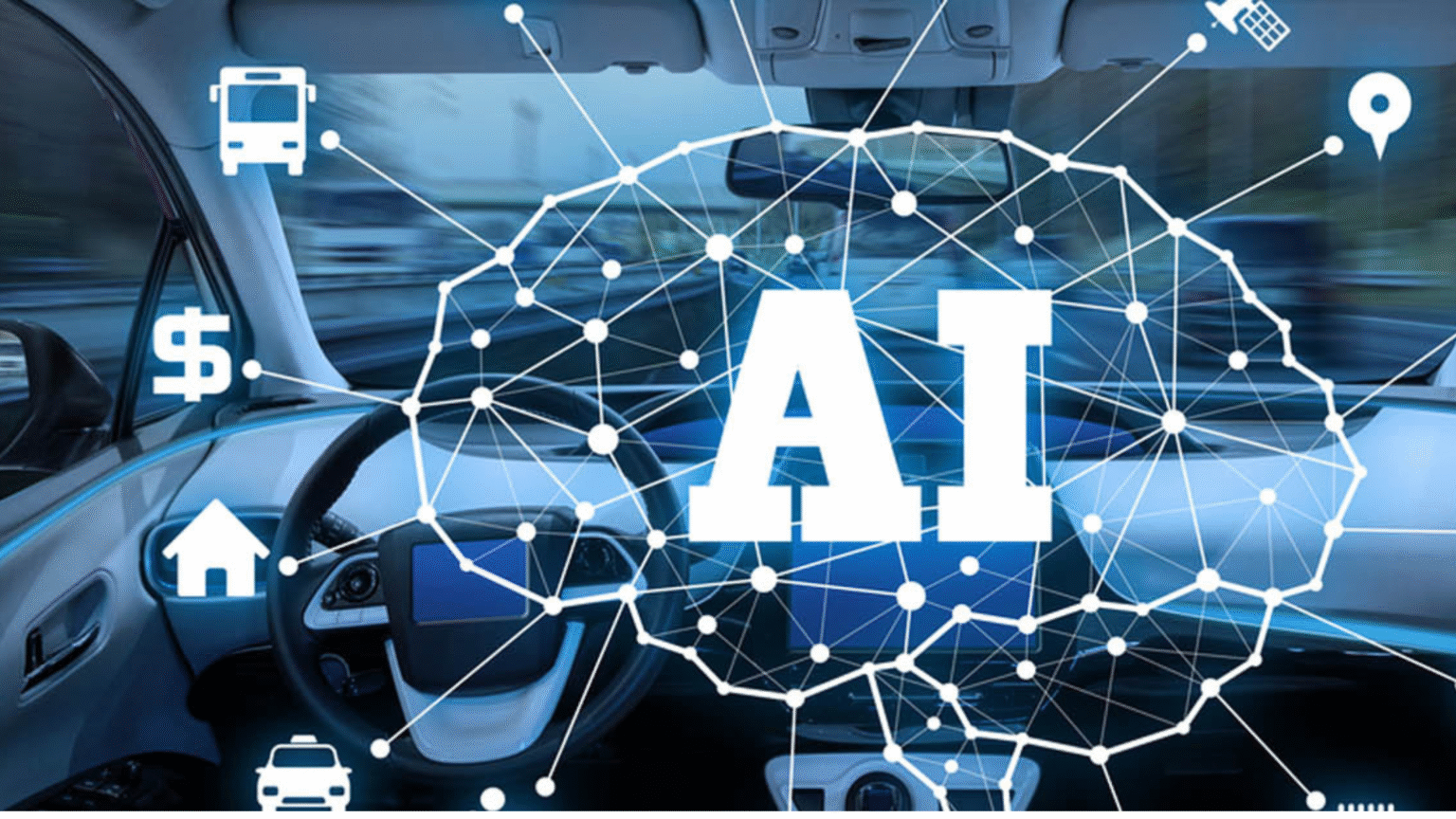Artificial Intelligence (AI) has rapidly evolved from a futuristic concept to an integral part of our daily lives. Among its most transformative applications is in the automotive industry. The is not only redefining mobility but also making vehicles smarter, safer, and more efficient. In 2025, automakers are racing to integrate AI features that enhance everything from driver assistance to predictive maintenance and infotainment.
This blog explores the deepening Role of AI in Modern Cars, how it’s shaping the auto industry’s future, its benefits and challenges, and the top vehicles leveraging AI today.

Table of Contents
-
Introduction to AI in Automotive Technology
-
The Expanding Role of AI in Modern Cars
-
AI Applications in the Automotive Sector
-
Top AI-Powered Cars in 2025 (with Pricing Table)
-
Benefits of AI in Vehicles
-
Challenges and Limitations
-
The Future of AI in Cars
-
Conclusion
1. Introduction to AI in Automotive Technology
Artificial Intelligence refers to computer systems capable of performing tasks that normally require human intelligence. These tasks include learning, problem-solving, speech recognition, and decision-making. When applied to the automotive world, the Role of AI in Modern Cars ranges from automated driving to smart user interfaces, bringing science fiction closer to reality.
2. The Expanding Role of AI in Modern Cars
The Role of AI in Modern Cars is extensive and continually expanding. AI algorithms now analyze data from sensors, cameras, radar, and GPS systems in real time to make split-second decisions. Whether it’s to assist in lane changes, detect pedestrians, or alert the driver to upcoming hazards, AI acts as the brain of the vehicle.
Modern vehicles no longer just take you from one place to another—they think, learn, and even interact with drivers. AI enables features like:
-
Autonomous driving
-
Voice-controlled infotainment
-
Smart climate control
-
Predictive maintenance
-
Real-time route optimization
3. AI Applications in the Automotive Sector
Let’s break down the practical Role of AI in Modern Cars:
a) Autonomous Driving
Companies like Tesla, Waymo, and BMW are developing Level 2–4 autonomous vehicles. AI enables real-time decision-making by processing terabytes of data every second to ensure safe, driverless operation.
b) Advanced Driver-Assistance Systems (ADAS)
ADAS is perhaps the most visible Role of AI in Modern Cars. Features include:
-
Lane-keeping assist
-
Automatic emergency braking
-
Adaptive cruise control
-
Traffic sign recognition
c) Predictive Maintenance
AI monitors engine performance, tire pressure, and battery health to alert drivers of potential issues before they become major problems.
d) In-Car Personal Assistants
Voice-activated assistants like Mercedes-Benz’s MBUX or BMW’s Intelligent Personal Assistant improve driver convenience and safety by allowing hands-free commands.
e) Smart Navigation
AI calculates optimal routes by factoring in traffic, weather, and road closures in real time, saving both time and fuel.

4. Top AI-Powered Cars in 2025
Below is a table of the most advanced AI-equipped cars available in 2025, demonstrating the powerful Role of AI in Modern Cars:
| Car Model | Key AI Features | Price (USD) |
|---|---|---|
| Tesla Model S Plaid | Full Self-Driving (FSD), Smart Summon | $94,990 |
| Mercedes EQS 580 | MBUX Hyperscreen, Driver Fatigue Detection | $104,400 |
| BMW i7 | iDrive 8, AI-powered personal assistant | $119,300 |
| Audi A8 L | Predictive Suspension, AI voice interface | $89,800 |
| Hyundai Ioniq 6 | AI Smart Cruise Control, voice commands | $45,500 |
These vehicles are perfect examples of how the Role of AI in Modern Cars is improving both luxury and mid-range models alike.
5. Benefits of AI in Vehicles
AI brings a multitude of advantages that explain its rapid adoption across the automotive industry.
a) Enhanced Safety
AI reduces human error by providing collision warnings, emergency braking, and real-time obstacle detection. This is one of the most critical Role of AI in Modern Cars from a public safety perspective.
b) Increased Fuel Efficiency
AI can optimize driving behavior and route planning to reduce fuel consumption, contributing to sustainability.
c) Better User Experience
Drivers enjoy tailored infotainment, proactive maintenance alerts, and seamless communication between car systems.
d) Lower Maintenance Costs
By predicting component failures, AI helps prevent breakdowns and extends vehicle lifespan.
e) Increased Resale Value
Cars with integrated AI systems often have higher resale values due to their advanced features and safety ratings.
6. Challenges and Limitations
While the Role of AI in Modern Cars is revolutionary, it’s not without challenges:
a) Data Privacy
AI collects vast amounts of personal data. Ensuring its secure use is critical.
b) System Reliability
AI systems must function correctly under all conditions—weather, network latency, and software bugs can pose serious risks.
c) Cost
Advanced AI features can significantly increase the cost of a vehicle, which may not be feasible for budget-conscious buyers.
d) Regulatory Issues
As AI capabilities grow, so does the need for new legal frameworks around liability and road safety compliance.
7. The Future of AI in Cars
Looking forward, the Role of AI in Modern Cars will continue to expand in remarkable ways:
a) Level 5 Autonomy
Fully driverless cars are in development and could become a reality within the next decade, especially in controlled environments like campuses or business districts.
b) AI-Based Insurance Models
Insurers may soon use AI to assess driving behavior and offer personalized premiums, improving transparency and reducing costs.
c) AI-Integrated Infrastructure
Smart cities will collaborate with AI-equipped cars for better traffic management, automated tolls, and emergency services.
d) Emotional AI
Future in-car systems will detect driver mood through facial expression, voice tone, and body language to reduce road rage and fatigue.

8. Conclusion
In 2025, the Role of AI in Modern Cars is not just a luxury—it’s becoming a necessity. From improving safety and performance to redefining convenience and connectivity, AI is reshaping every aspect of the driving experience. With constant innovation, AI-driven vehicles are destined to become the norm rather than the exception.
Whether you’re a tech-savvy driver, a car enthusiast, or simply someone looking for more value in your next purchase, understanding the Role of AI in Modern Cars can help you make smarter, safer, and more future-proof decisions.

